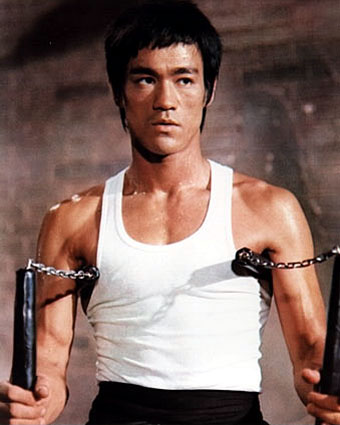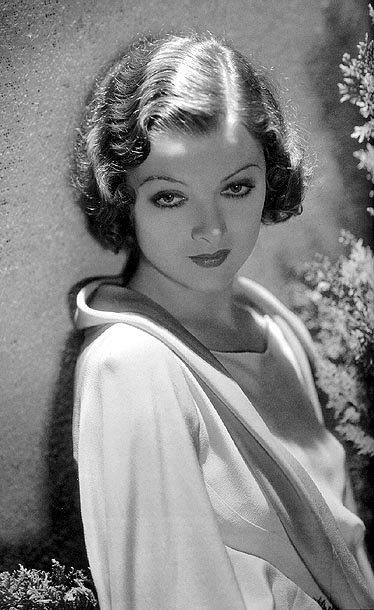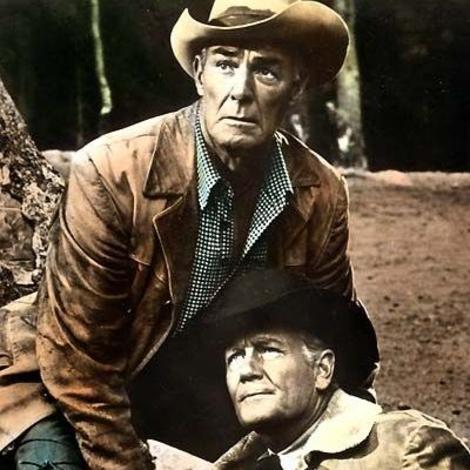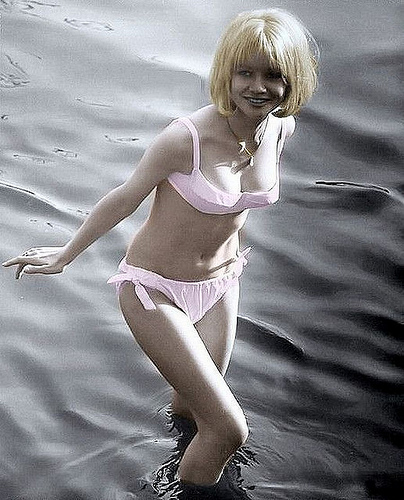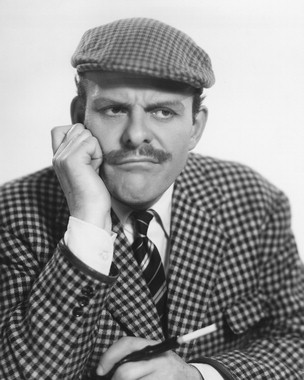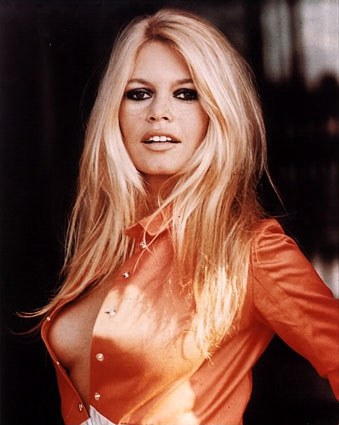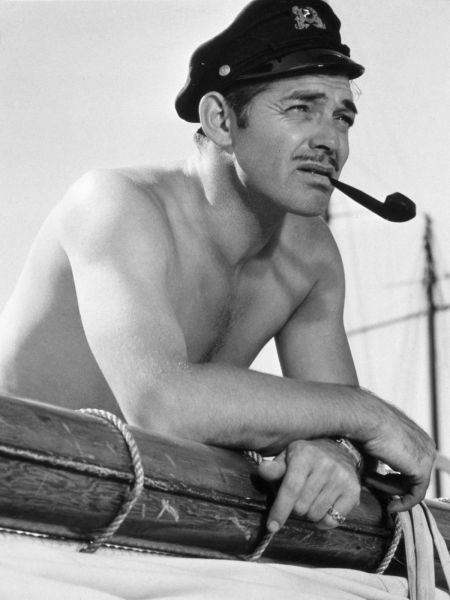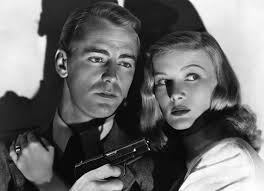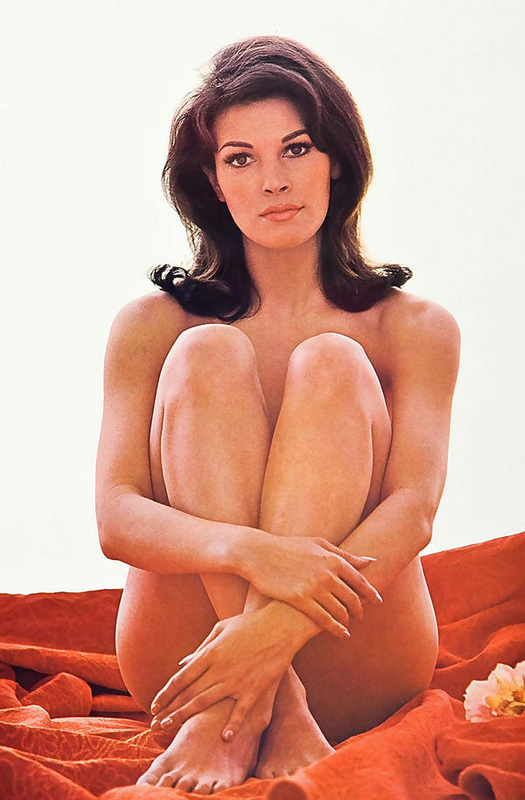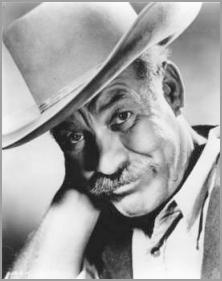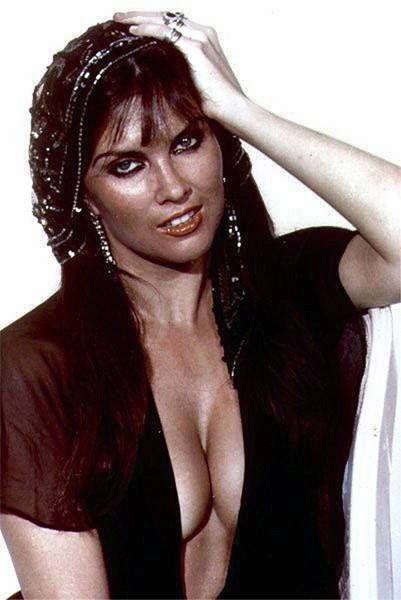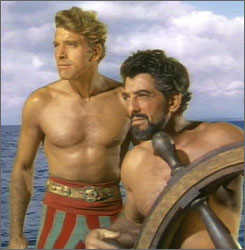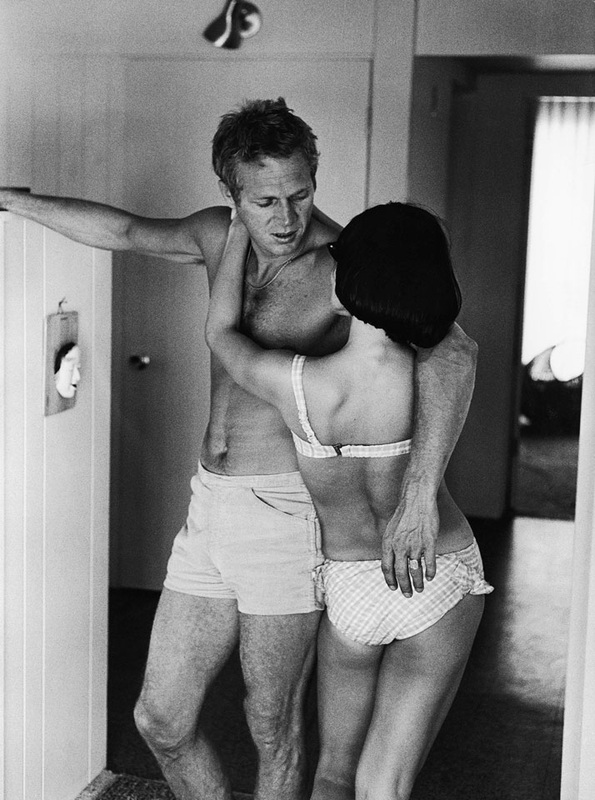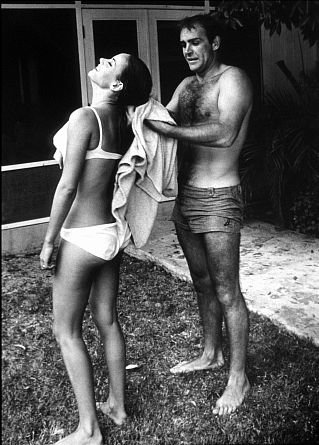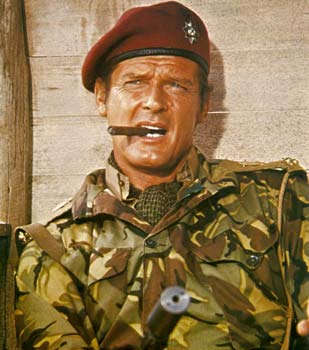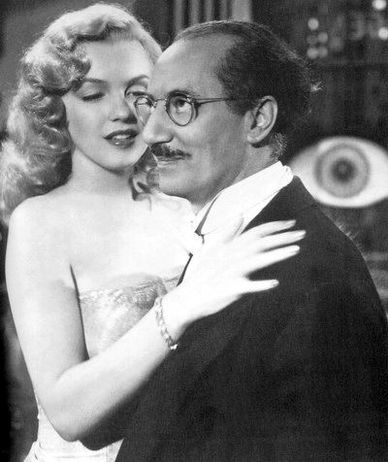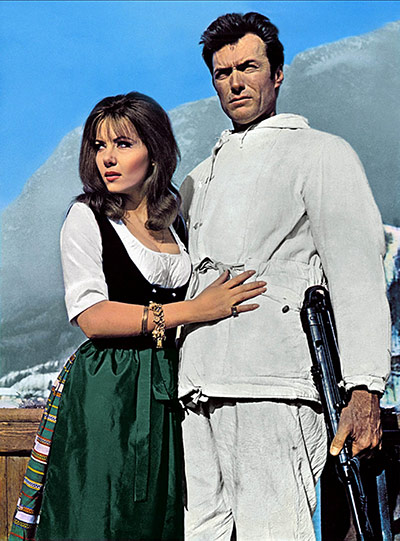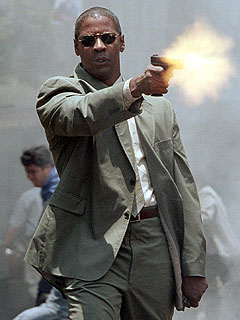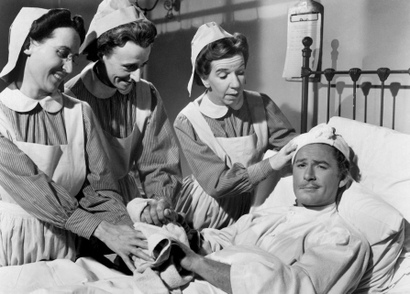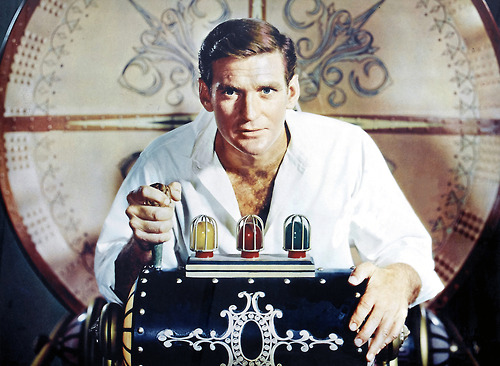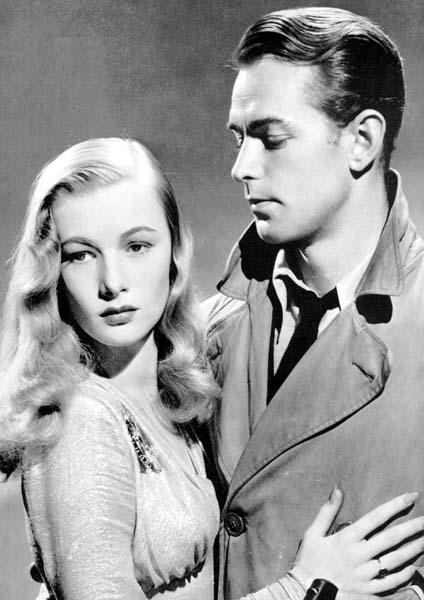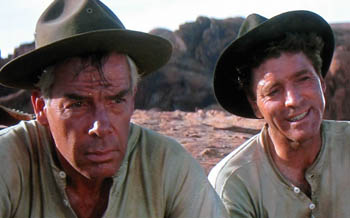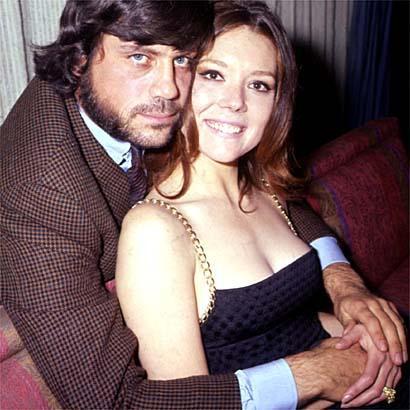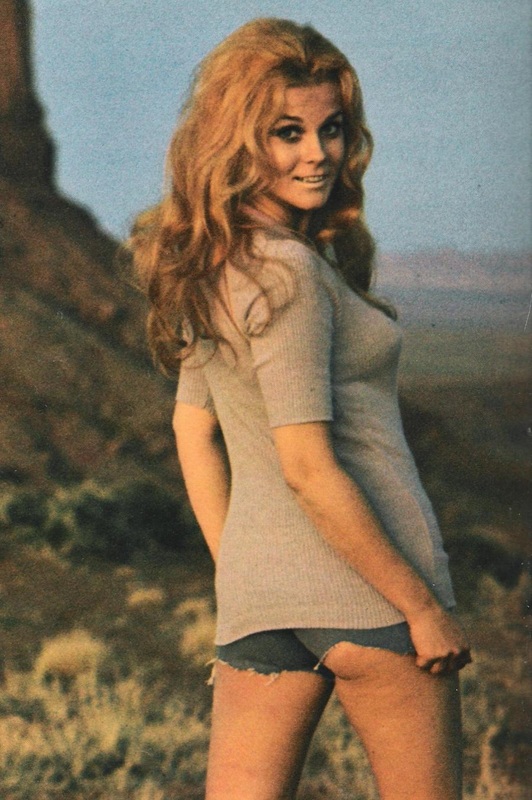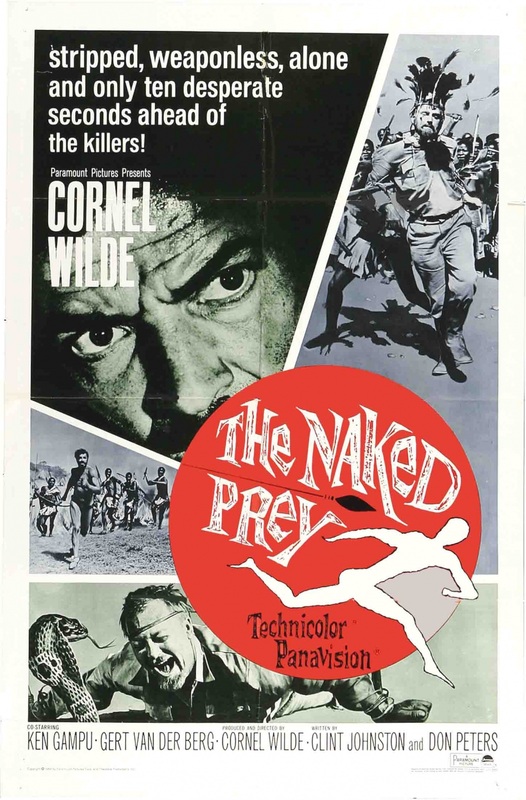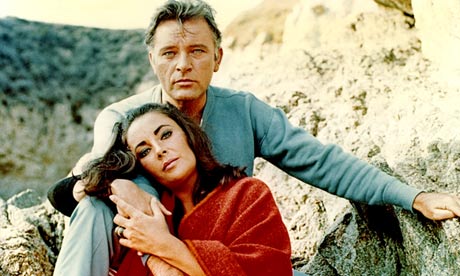|
“The remake of a classic may be worth everybody's while. The sequels rarely are. I never had any sense of embarrassment over the first Dracula nor The Face of Fu Manchu...alas, in the follow-ups to both there was much to make me look shifty and suck my paws. Knowing this, I nevertheless repeated each character many times over. I did so because they were my livelihood." (1) ~ Christopher Lee Christopher Lee, no matter his roles in prestige productions like The Three Musketeers, The Man with the Golden Gun or, more recently, in the Lord of the Rings and Star Wars franchises, will forever be associated with his most famous role - Count Dracula. But in the 1960s, Lee was also busy playing another famous villain – Sax Rohmer's evil Chinese mastermind, Dr. Fu Manchu. It was a part Lee played in 5 films, and similarly to the Dracula series, but in a much more pronounced fashion, the early films started strong but each sequel brought an incremental drop in quality. Generally speaking, the Hammer Dracula films all have something good going for them and are beloved by horror fans to this day. This can't really be said for most of the Fu Manchu films (the abysmal last two of which were directed by infamous Eurocult figure Jess Franco), although Lee himself was happy with the first film, The Face of Fu Manchu, a well-produced, lively action thriller with plenty of period flavor and a good cast. 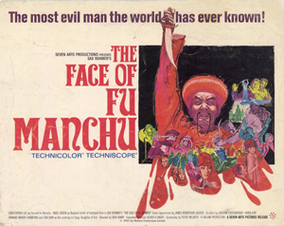 The most well-known of all “Yellow Peril” novels, the Rohmer Fu Manchu series ran to 13 titles published between 1912-1959. The books are speedy, very readable pulp thrillers but are definitely products of their time. The Face of Fu Manchu takes some of the best elements of the books and puts them up on screen. The film opens in China with master criminal Fu Manchu (Lee) being marched out to his execution under the watchful eyes of his arch-nemesis, Sir Nayland Smith of Scotland Yard (Nigel Green). A few months later, once Smith has returned to London, he begins to sense Fu Manchu's hand in a series of strange deaths and abductions centered around the River Thames. It seems Fu Manchu is very much alive and, together with his sadistic daughter, Lin Tang (Tsai Chin), and assorted henchmen, is once more up to no good. In the 1960s, elements of decay and division in society, especially U.S. society, were becoming more obvious, and 1960s sci-fi reflected this. (1) The 1960s were a fertile ground for many movie genres. The decade saw a number of fine traditional westerns, as well as the advent of the iconoclastic, bombastic spaghetti western, sweeping epics (like Lawrence of Arabia, El Cid), the final heyday of the big-budget musical (West Side Story, The Sound of Music), the James Bond spy craze, etc. The Hammer Studios' horror boom was in full swing, the WWII spectaculars went from strength (The Great Escape) to strength (The Dirty Dozen), Disney still was cranking out some classics (like 101 Dalmations) and Gidget and the Beach Party movies catered to the younger crowd. One genre that didn't exactly flourish, though, was the science fiction film. Much like the decade itself, the 1960s were a transitional period for the science fiction film. The decade started out pretty much as a continuation of the 1950s, with most Hollywood sci-fi reduced to fun but generally cheap and cheesy kiddie or teenage monster fare, like The Leech Woman, The Angry Red Planet, The Manster and The Brain that Wouldn't Die. By the end of the 60s, though, the social upheaval, chaos and malaise of the post-JFK assassination, counter culture, Vietnam War-era world were beginning to seep in, eventually leading to the slew of serious minded, downbeat sci-fi films in the early to mid 1970s, such as The Andromeda Strain, Colossus: The Forbin Project, Soylent Green, A Boy and His Dog, and Silent Running, to name just a few. In between were a handful of Hall-of-Fame sci-fi films, which clearly show this gradual transformation from more juvenile fare into darker territory. Below is my list, in chronological order, of what I consider to be the 10 best films of this type to come out of that decade, along with a few worthy runners-up. While films like The Birds and Night of the Living Dead could be legitimately classified as science fiction, albeit in a fringe sense, to me they fall more clearly in the horror genre and so I chose not to include them here, as good as they undoubtedly are. This post is my contribution to the John Garfield 100th Birthday Blogathon, hosted by Patti at They Don't Make 'em Like They Used To. Please go here for a list of other contributors. "Tell the crew they can sleep in the next world." 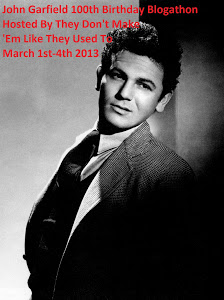 A confession...When I first started contemplating what film I should cover for the blogathon, I quickly came to a startling realization: despite his iconic status, I didn't really know much about John Garfield or his films, and in fact, only possessed one paltry title in my DVD collection, Air Force, and that was due more to my being a Howard Hawks fan than anything else. Of course, as a classic movie buff, I'm well aware of Garfield's stature and importance as a leading man, and have caught a number of his more famous films over the years. Yet for some reason, I haven't really given him the sort of thought or attention that I have to his contemporaries, like Bogart, Gable, Grant or Cagney. It's high time to remedy that oversight. For an all-too-brief 13 years and 31 films, John Garfield brought his own distinctive kind of earthy, brooding intensity and volatile charisma to the screen. His star on the ascendancy in the early 1940s, he took an ensemble role in Howard Hawks' Air Force, partly because he had always wanted to work with Hawks since seeing Scarface many years before, and mainly because he wanted to do his part for the war effort. Unable to enlist due to a weak heart, Garfield was a tireless supporter of the troops, and, along with Bette Davis, was one of the co-founders of the Hollywood Canteen. Air Force was the first of a handful of patriotic war films Garfield made (followed by Destination Tokyo and Pride of the Marines), and it's a skilled example of its kind. |
Videophilia!
Opinionated ramblings about new and old movies (mostly old, as that's the way I like 'em!) Blogs of Note
Stuart Galbraith IV's World Cinema Paradise
Movie Morlocks (TCM's Classic Movie Blog) 50 Westerns from the 50s Riding the High Country Sweet Freedom Tipping My Fedora Thrilling Days of Yesteryear Silver Screenings Laura's Miscellaneous Musings Classic TV and Film Cafe Just a Cineast She Blogged By Night Chess, Comics, Crosswords, Books, Music, Cinema Out of the Past - A Classic Film Blog Pretty Sinister Books They Don't Make 'Em Like They Used To In So Many Words... Greenbriar Picture Shows Flix Chatter My Love of Old Hollywood Tales of the Easily Distracted Another Old Movie Blog Lasso the Movies Kevin's Movie Corner Films From Beyond the Time Barrier Carole & Co. Rupert Pupkin Speaks Caftan Woman Vienna's Classic Hollywood The Lady Eve's Reel Life ClassicBecky's Brain Food Hey!
Be sure to subscribe to the RSS feed below, to be informed of new postings! Categories
All
Archives
September 2015
|
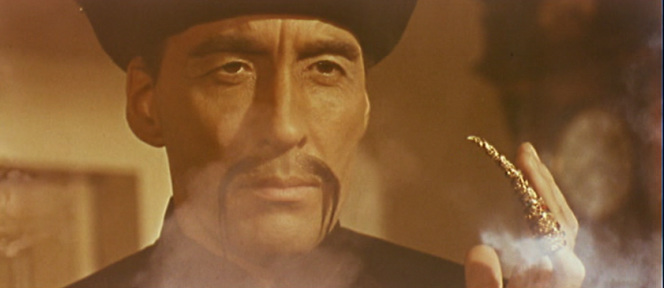
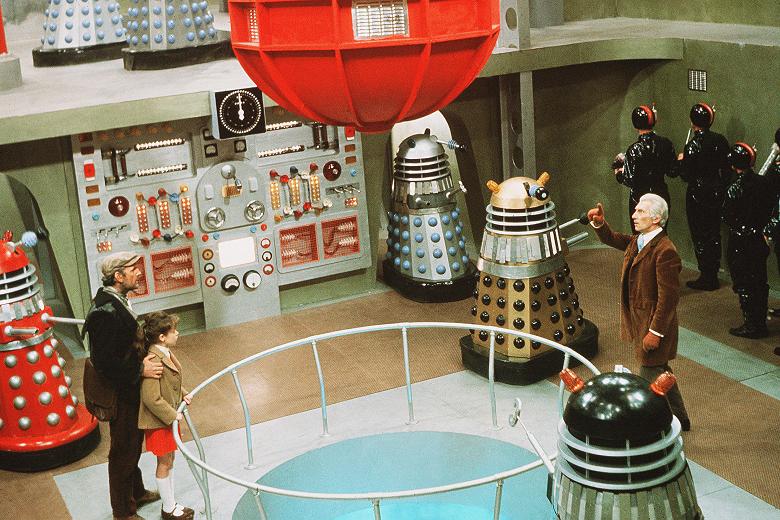
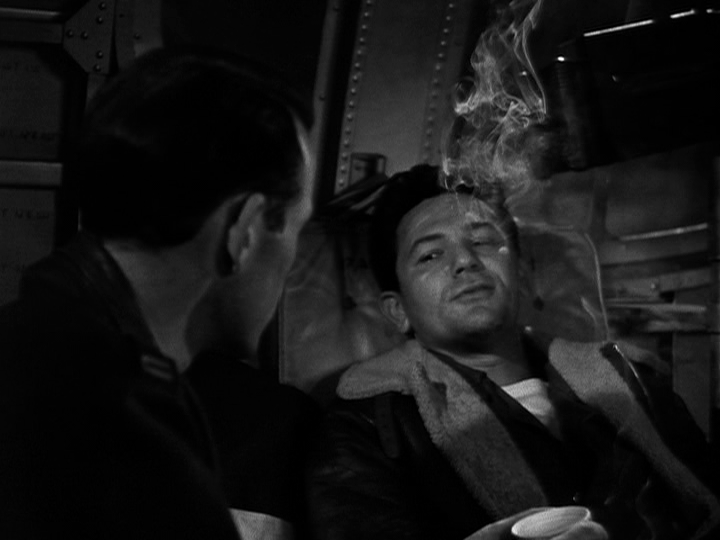
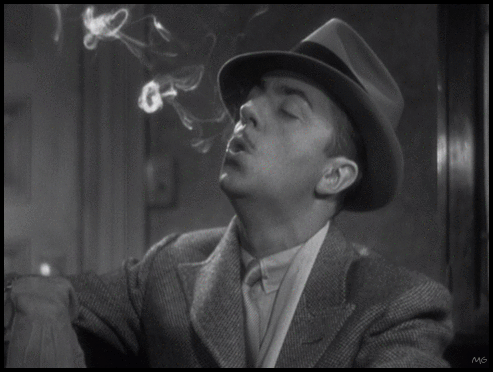
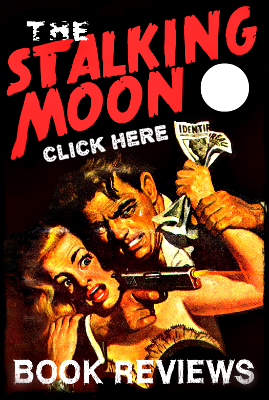
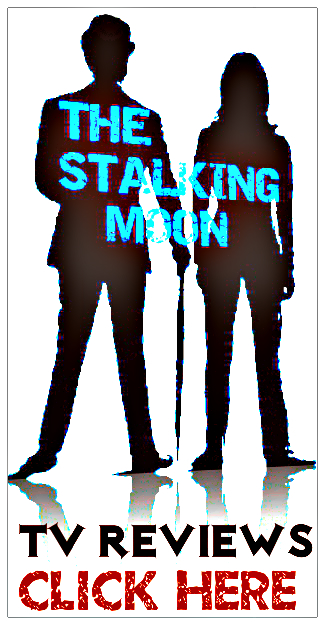
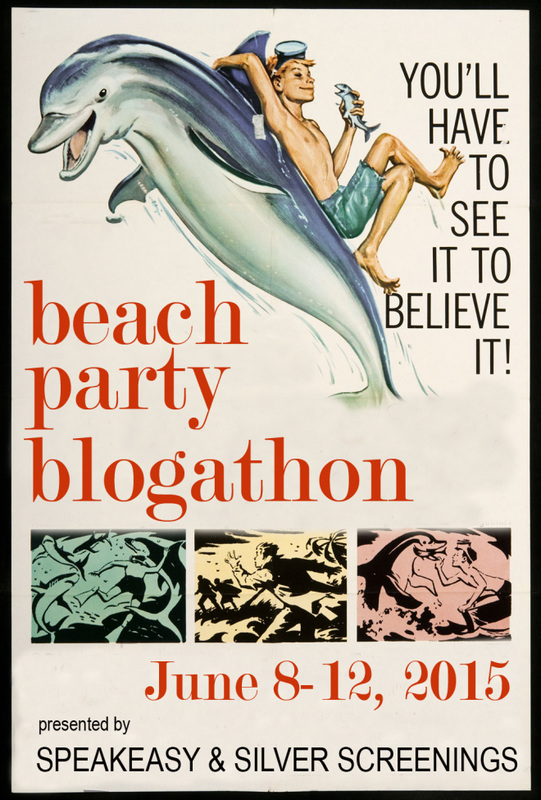
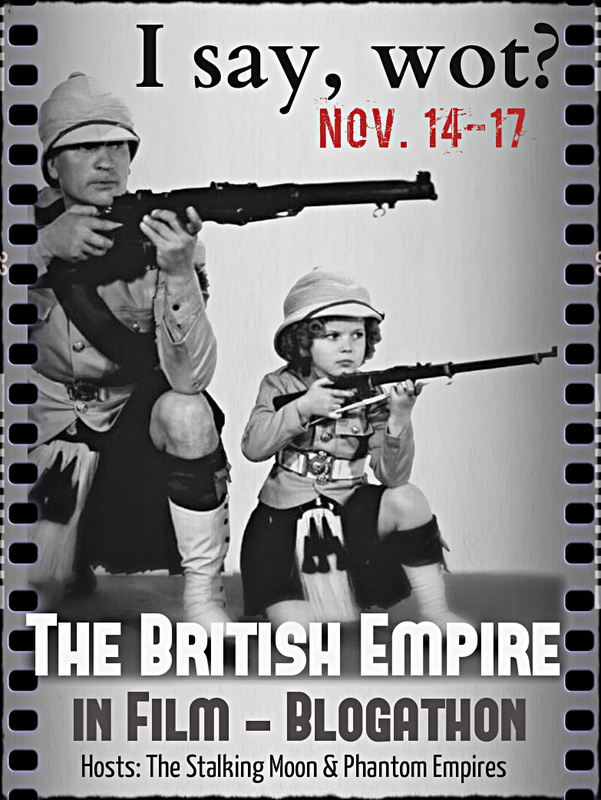
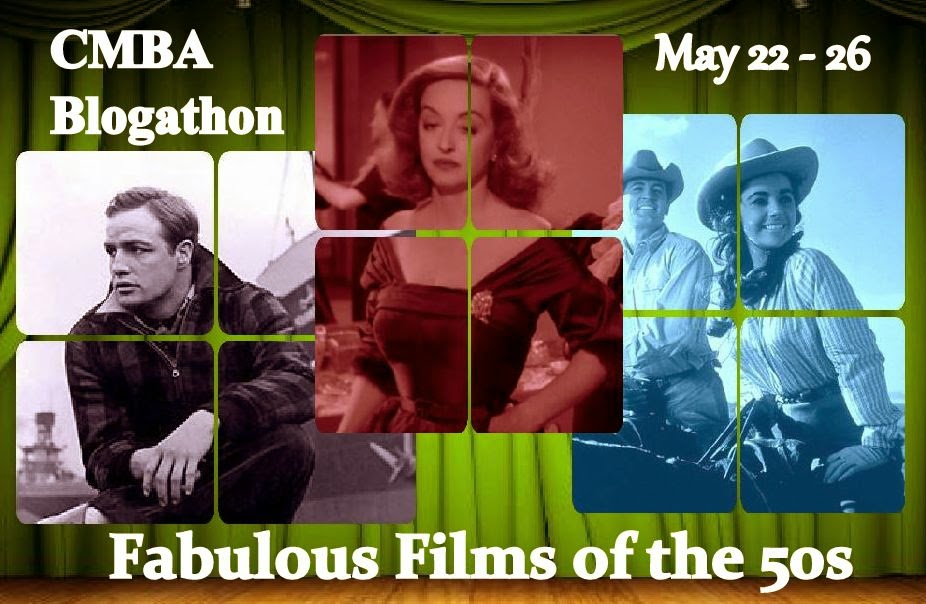
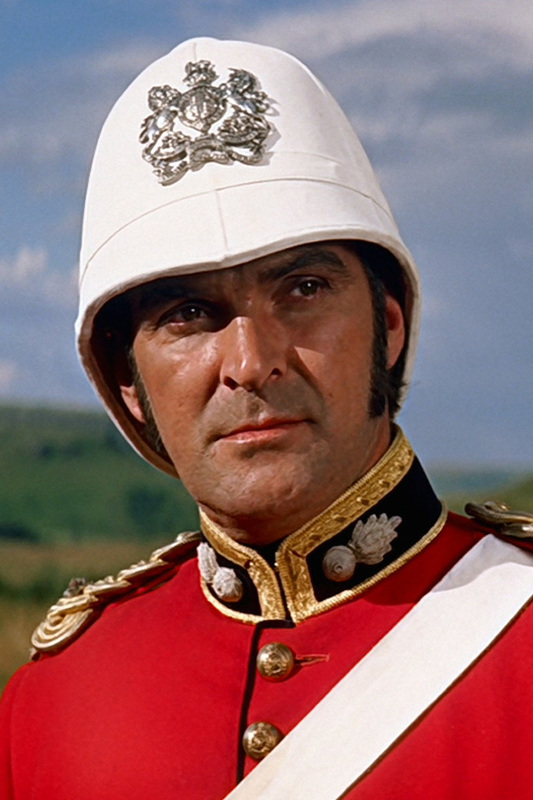
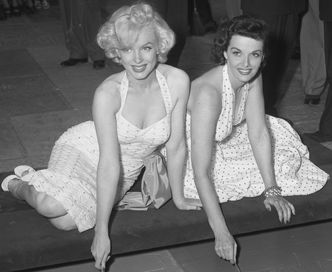
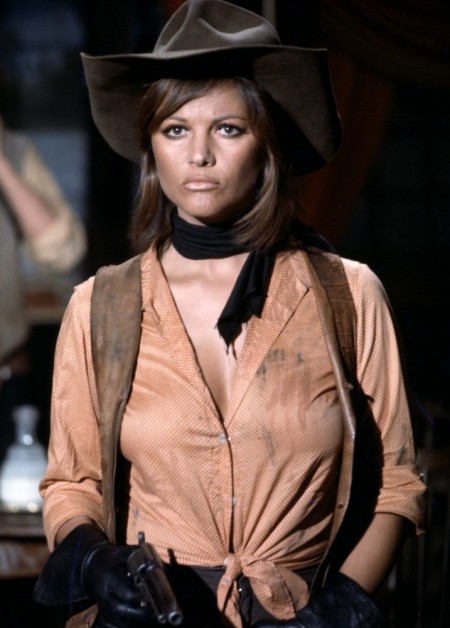
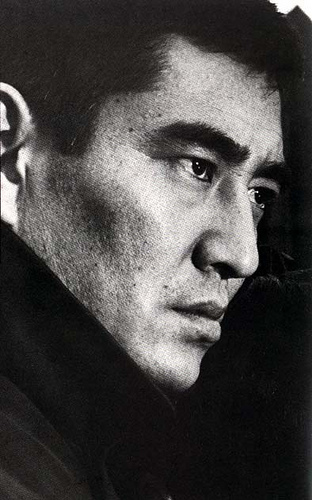
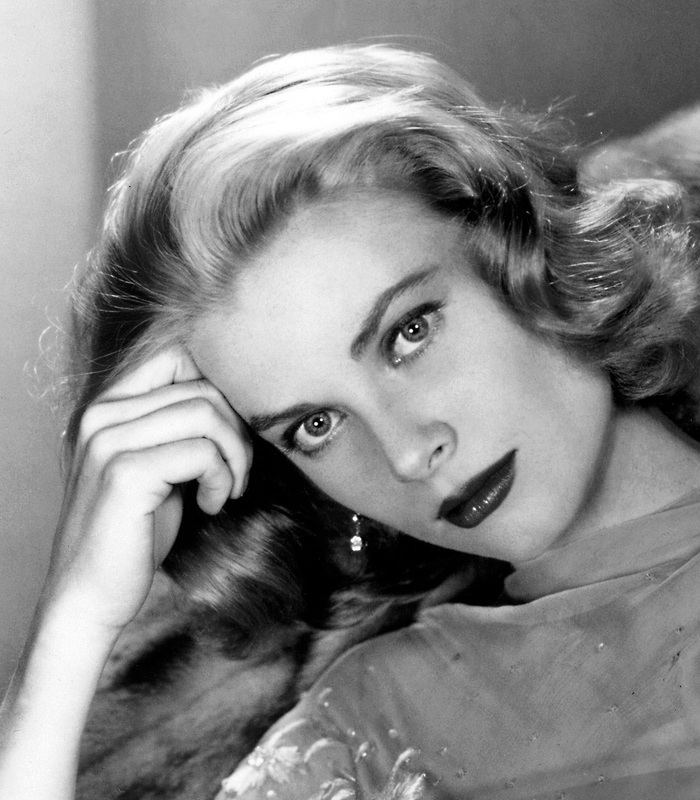
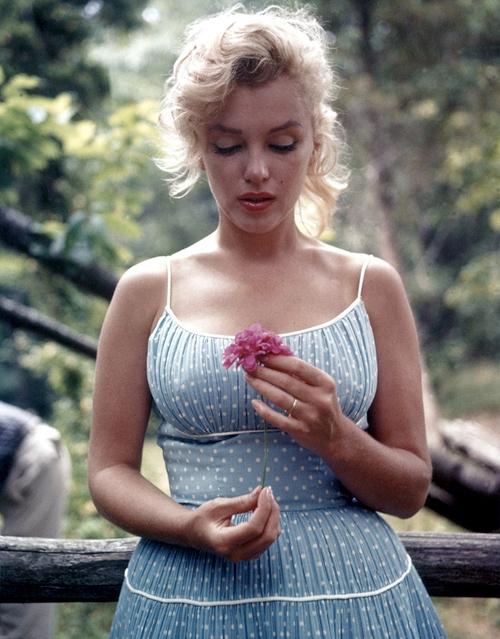
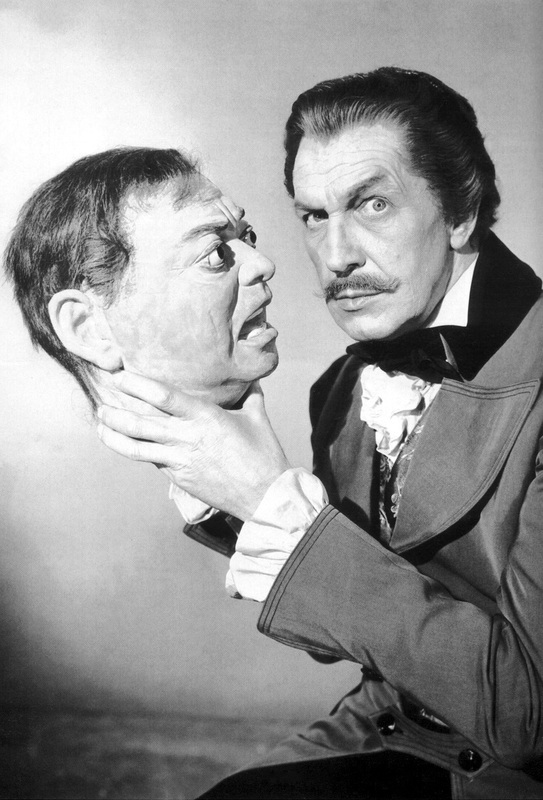
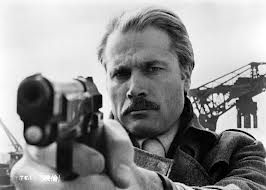
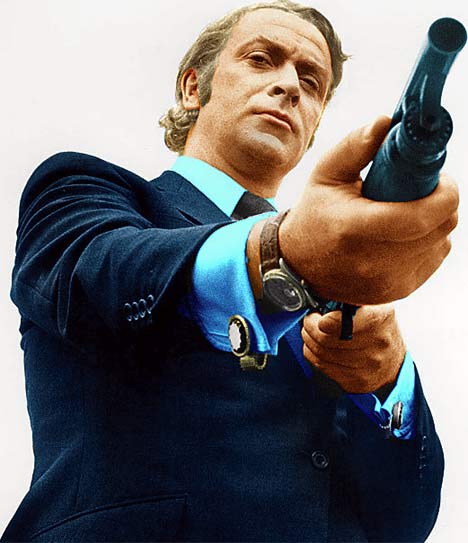
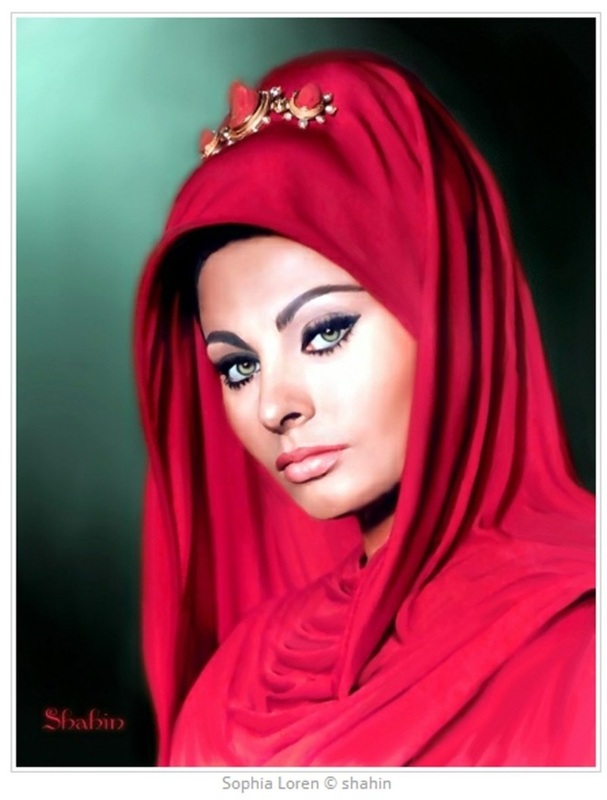
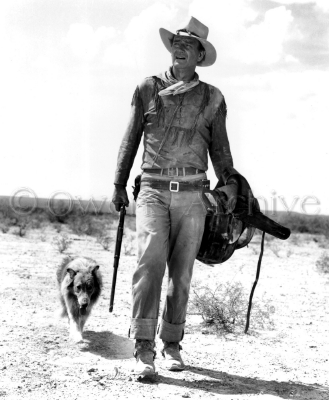
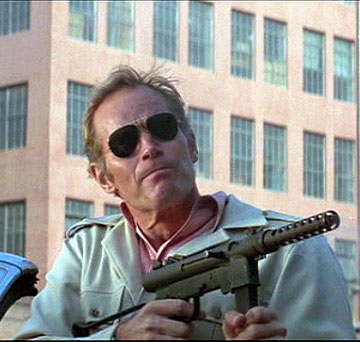
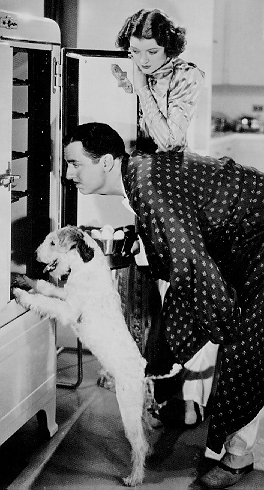
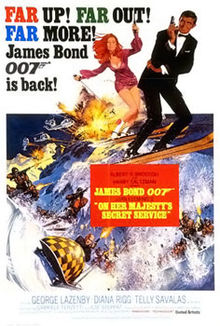
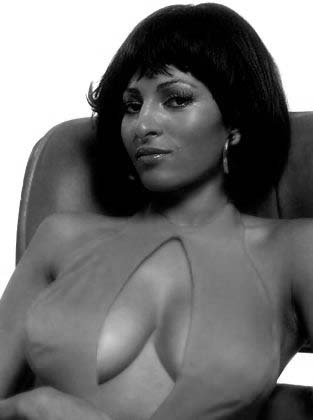
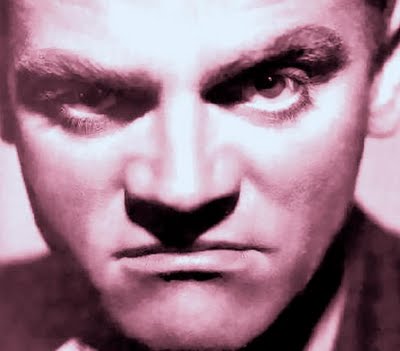
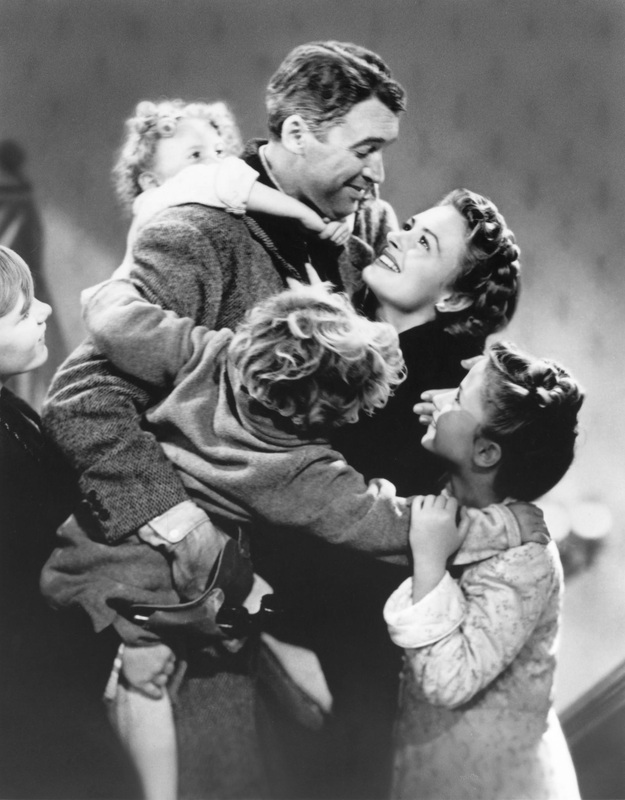
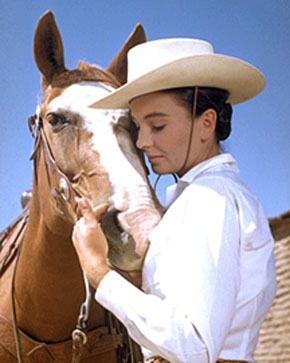
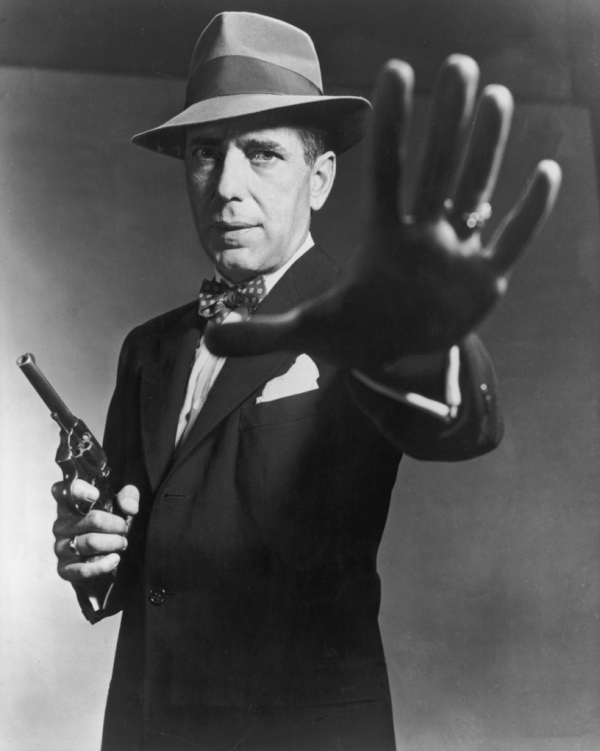
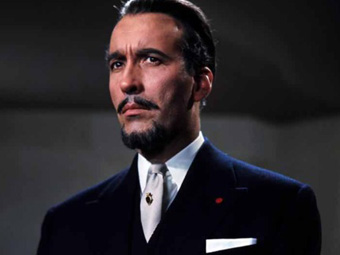
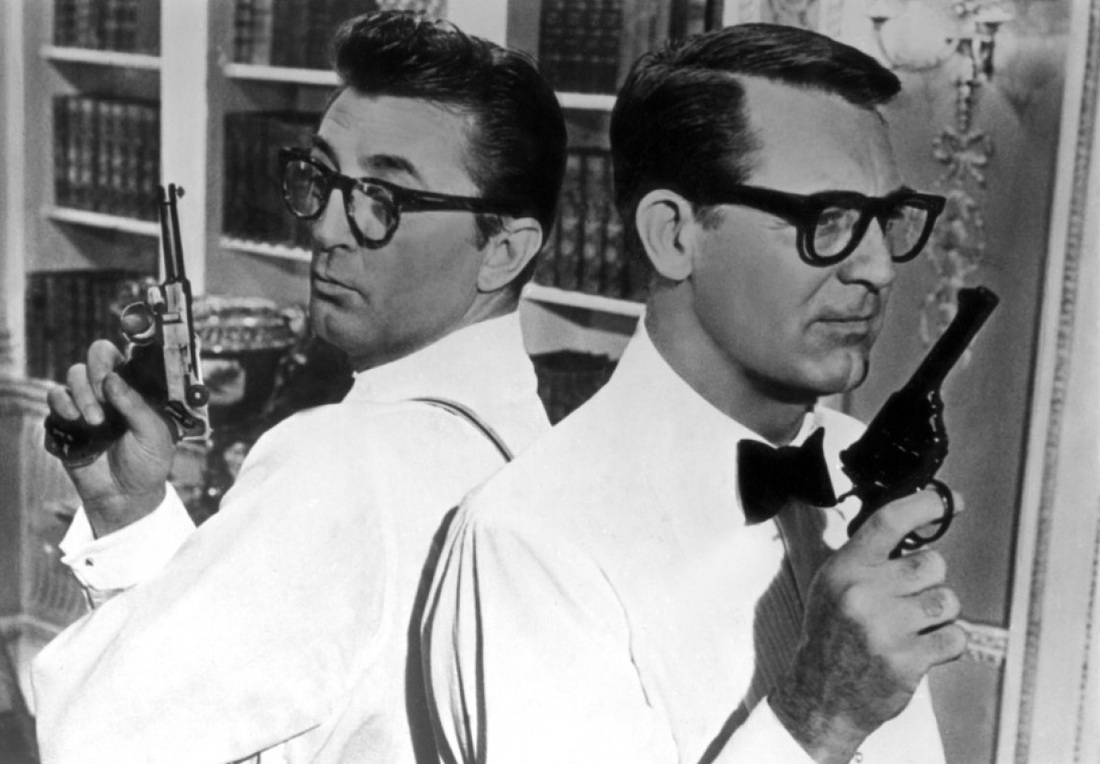
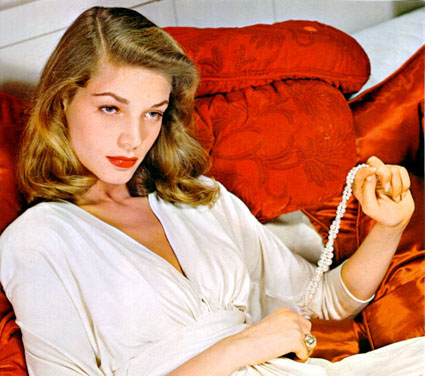
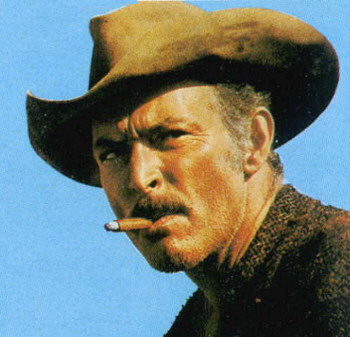
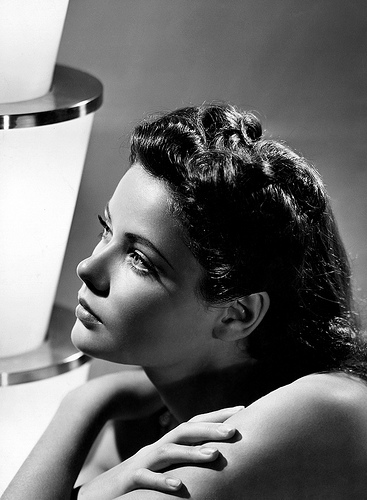
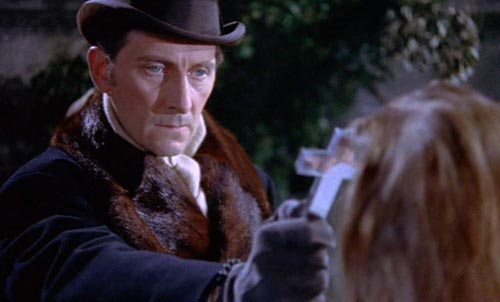
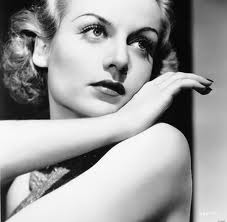
 RSS Feed
RSS Feed
